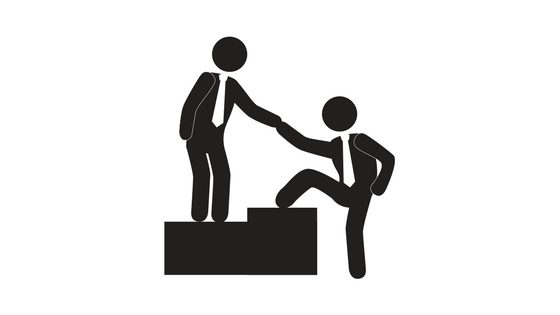Content originally taken from eBella Magazine, “Authentic Leadership” by Kelly Townsend
Effective leadership doesn’t come from knowing what leaders do, or the characteristics or styles of noteworthy leaders. Leadership doesn’t come from trying to remember and follow techniques from books on the subject, either. And it certainly doesn’t come from being in a position of authority.

Are You a Leader?
Who you are, is how you lead, and it shows up as how you are being in any moment. How you’re being shapes the way you act. In other words: If you’re being angry or confused, you’ll likely act that way. If you’re confident and at ease, you’ll act that way, too. If you’re not being a leader, and you try to act like a leader, you’re likely to fail because you’re just pretending.
Harvard Professor Chris Argyris, who’s studied the subject of inauthenticity, puts it this way: “People consistently act inconsistently; unaware of the contradiction between their espoused theory and their theory-in-use, between the way they think they are acting and the way they really act.”
How Leaders Act
What has leaders act inconsistently with the way they think they’re acting, is that they’re often being driven by functional constraints that haven’t been realized. This leaves us unaware of our mental blind spots. In other words, we’re being inauthentic, but we don’t even realize it. It’s human nature. Discovering these inauthenticities will take some work and a little courage, since most of us want to avoid it at all costs.
Leadership Constraints
I find that there are two major pitfalls that trip up leaders. The first is being admired. When this happens, we’re often not able to be honest when tough decisions need to be made because we’re afraid we’ll lose admiration from coworkers and friends. We pretend all is well in our business to hide the fact that we’re struggling. The other misstep leaders often make is fueled by the desire to look good and avoid looking bad. We won’t tell the truth when we’re struggling and we make the same mistakes over and over again rather than ask for help. Why? Because we fear our co-workers, colleagues or friends will think less of us.
If these actions sound familiar, don’t fret. We’re all guilty in some way — it comes with being human. Great leaders are noteworthy because they come to grips with these foibles. They don’t eliminate them, but they learn to master these weaknesses when leading. Being a leader requires that you be absolutely authentic. It truly requires courage to inspire others to be authentic as well. Are you ready to take that first step in the effective exercise of leadership?
Are You Being Authentic?
Ask yourself the questions below to decide whether you’re being your true self:
Where am I not being truthful and honest with people?
Am I working to empower other co-workers?
Where am I not in communication with people?
Am I taking the same old actions and not producing great results?
What impact does my inauthenticity have on myself and others?



